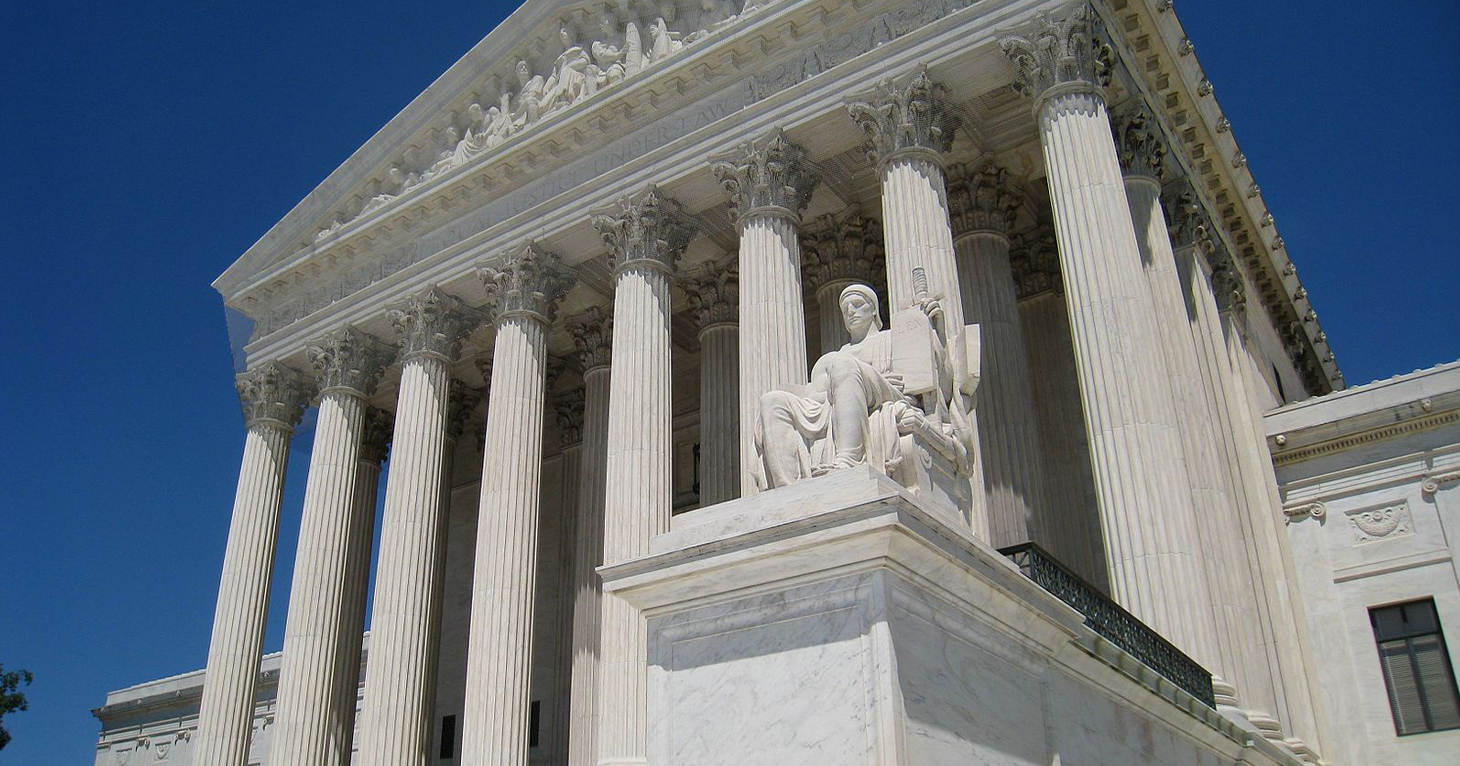
TINA.org Joins Consumer Advocates to Keep FTC Bipartisan
Why agency independence is in the best interests of consumers.
In honor of Earth Day, check out these vintage commercials to see how advertising has gone from blissful ignorance to calculated The practice of making something sound better for the environment than it really is. over the years.
By now we know that DDT is harmful to humans and the environment, but back in 1946, it was a modern miracle. Watch people paint, spray, and slather every available surface and airspace with the insecticidal chemical in this video.
In 1971, Keep America Beautiful (KAB) ran an ad campaign featuring an American Indian (played by Italian actor Iron Eyes Cody) crying over the pollution of the beautiful earth. Especially litter—the ad’s final message is “People start pollution. People can stop it.”
Nobody likes litter, but KAB has been criticized for drawing the focus away from industry responsibility in favor of guilt-tripping consumers. Many big corporations—such as Coca-Cola, Dow Chemical, Sherwin-Williams, and McDonald’s—sponsor the organization. This corporate sponsorship, in combination with a past history of opposing certain recycling regulations, makes some people skeptical about KAB’s true purpose.
“Drilling for oil under” and “loving” the sea may seem like very different things, but not to Texaco.
This Chevron ad tells us that people do all their work while bears are sleeping, and when they wake up after winter, the earth is virtually pristine. Happy bears, grassy mountains, blue skies, and sunshine—who has time to think of negative environmental impact?
Weyerhauser owns and operates more than six million acres of timberlands and is one of the largest manufacturers of wood and cellulose products. Cutting down trees for manufacturing isn’t necessarily a bad thing, but it can be, and it’s a little ironic that if you only saw this advertisement, all you’d know about Weyerheauser is that they recycle a lot. Which maybe isn’t even that great for the environment.
Why are all the ocean’s animals celebrating to the tune of Ode to Joy? “Recently, DuPont announced that it’s energy unit, Conoco, would pioneer the use of new double-hulled oil tankers in order to safeguard the environment.” What this 1991 commercial doesn’t say is that the Oil Pollution Act of 1990, enacted in the wake of the Exxon Valdez oil spill, required tankers to have a full double hull; all single-hulled, double-bottomed, and double-sided tankers will be phased out. The phaseout still isn’t over—the last noncompliant tankers will be gone by 2015.
Why agency independence is in the best interests of consumers.
Misleading campaigns highlight this year’s big ad event.
TINA.org submits comment regarding the need for more guidance and regulation

